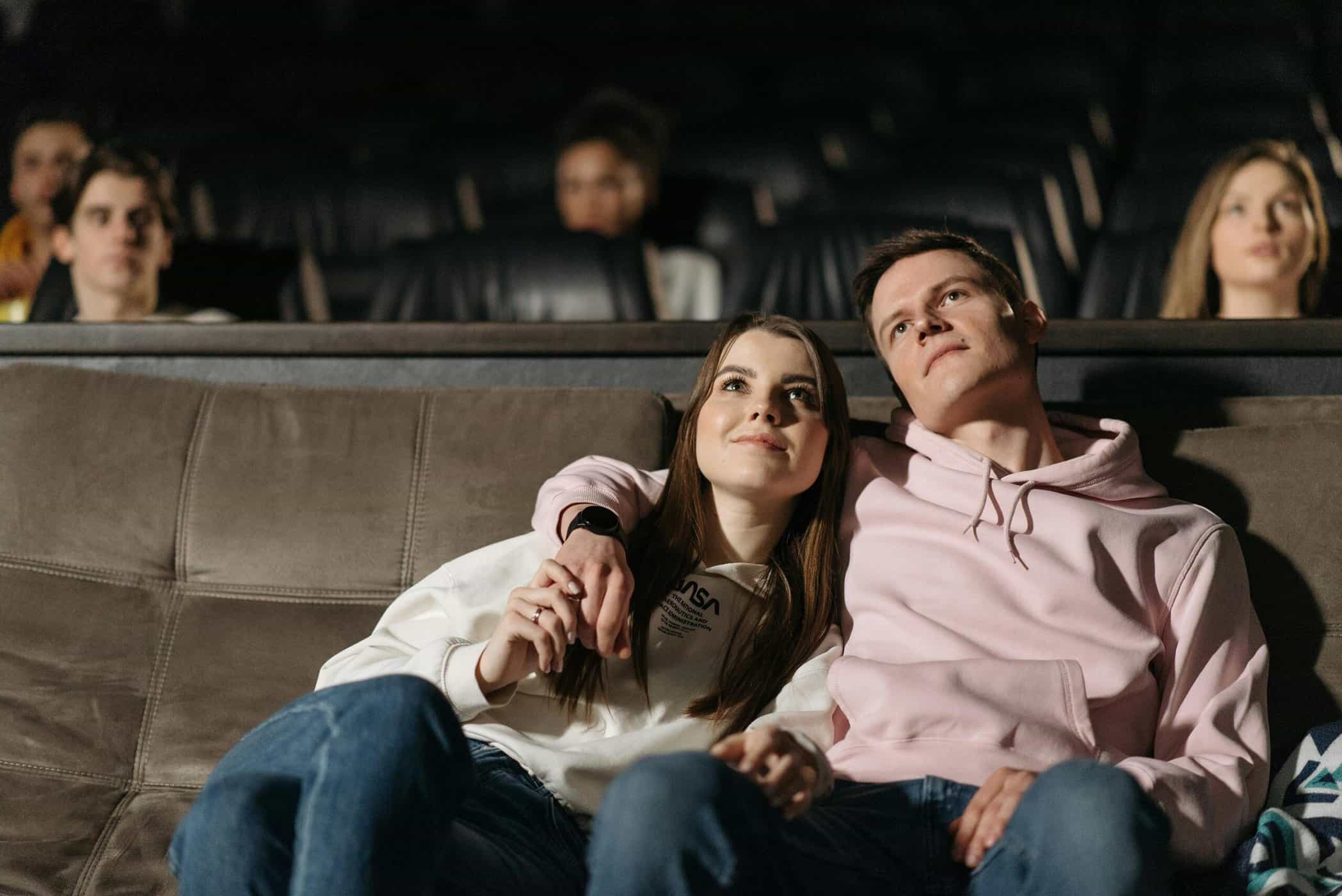Romantic movies have been a favorite genre for decades, captivating audiences with heart-fluttering love stories, grand gestures, and perfect happy endings.
But do these films paint an unrealistic picture of love?
Many people believe romantic movies set unattainable expectations for relationships, leaving real-life love stories feeling dull in comparison.
The Fairytale Romance: Too Good to Be True?

One of the biggest reasons romantic movies are accused of setting unrealistic expectations is their portrayal of love as effortless and magical.
In films, love often happens at first sight, with instant chemistry and an unbreakable connection.
There’s rarely any awkward small talk, financial stress, or mundane everyday routines. Instead, we see grand gestures like surprise trips to Paris or spontaneous rain-soaked kisses.
While these moments make for great cinema, they don’t always reflect reality, where relationships require time, effort, and compromise.
The “Happily Ever After” Myth

Most romantic movies end with the couple overcoming obstacles and living happily ever after.
However, real relationships don’t have a fixed ending. They continue to evolve, facing ups and downs along the way.
The idea that love, once found, remains perfect forever can lead to disappointment when real relationships experience struggles.
In reality, love isn’t just about passion and excitement—it also requires patience, communication, and resilience.
The Problem with Grand Gestures

Many romantic films focus on over-the-top gestures as proof of true love.
From someone running through an airport to confess their love to elaborate marriage proposals, these scenes create the idea that love must be dramatic and full of surprises.
While romantic gestures are nice, they aren’t the foundation of a strong relationship.
In real life, love is often shown in smaller, quieter ways—like making a cup of coffee for your partner in the morning or listening when they’ve had a bad day.
These everyday acts of love are just as meaningful, even if they’re not as cinematic.
Unhealthy Relationship Dynamics

Some romantic movies promote relationship behaviors that, in reality, could be considered unhealthy.
Characters may engage in obsessive behavior, jealousy, or even manipulation, all in the name of love.
For example, the classic “never giving up” trope—where one person relentlessly pursues another despite multiple rejections—can be romanticized in movies but would often be considered problematic in real life.
It’s important to recognize that real love should be built on mutual respect and healthy boundaries, not persistence at all costs.
How to Enjoy Romantic Movies Without Letting Them Mislead You

Romantic movies can be entertaining and even inspiring, but it’s essential to watch them with a critical eye.
Here are a few ways to enjoy them without letting them set unrealistic expectations:
- Separate fiction from reality: Remember that movies are designed to entertain, not to provide a guide to love and relationships.
- Focus on real-life love stories: Pay attention to relationships around you—parents, friends, or even your own—to see what love truly looks like.
- Appreciate the small moments: Real love isn’t always about grand gestures; it’s about everyday kindness, understanding, and support.
- Communicate openly in relationships: Instead of expecting mind-reading or dramatic declarations, focus on honest and open communication with your partner.
Conclusion

Romantic movies may contribute to unrealistic expectations about love, but they don’t have to shape our entire view of relationships.
By enjoying them as entertainment rather than a model for real life, we can appreciate the magic of love on-screen while also understanding the reality of love off-screen.
Real relationships may not always have dramatic confessions or perfect endings, but they can be just as beautiful in their own way.

